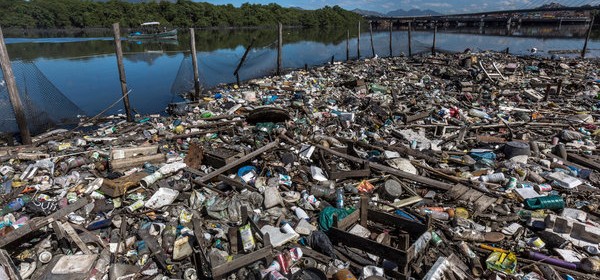Floating Garbage Polluted 2016 Brazilian Olympic Games

Rio de Janeiro
Dirty games: Brazilian officials had conceded weeks prior that the disgustingly polluted Guanabara Bay wouldn’t be cleaned up in time for the 2016 Olympics, but said sailing events could still be held there. Some Olympic sailors had protested holding their events in the bay, saying they feared becoming sick from the contaminated water or ramming their boats into floating garbage.
Sailors touring the area said they saw animal carcasses and piles of junk, including sofas, bobbing in the water. But officials said the sailing lanes would be clear of debris and filth even if the goal < of cleaning the whole body of water could not be met. “It is a lost opportunity,” said Rio Mayor Eduardo Paes. “Depolluting Guanabara Bay is something we should have done.”

 Print
Print